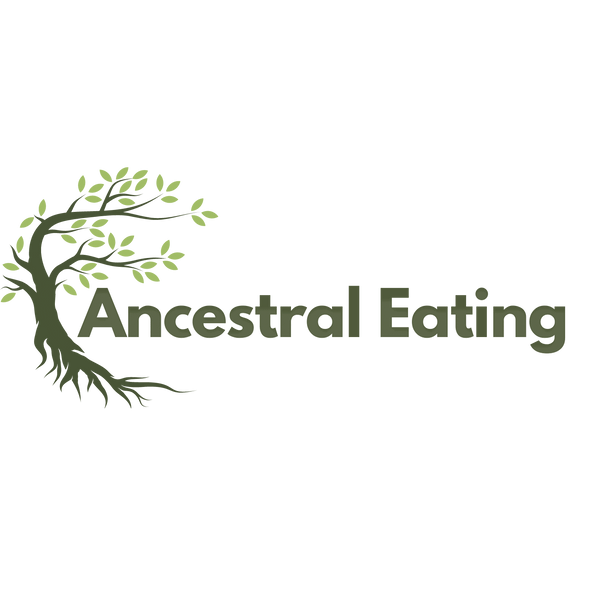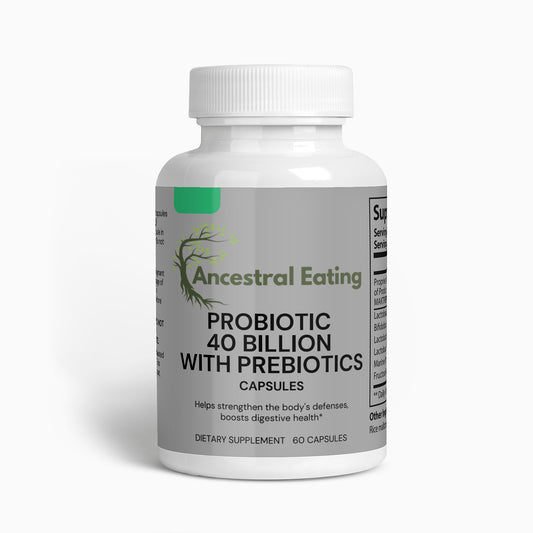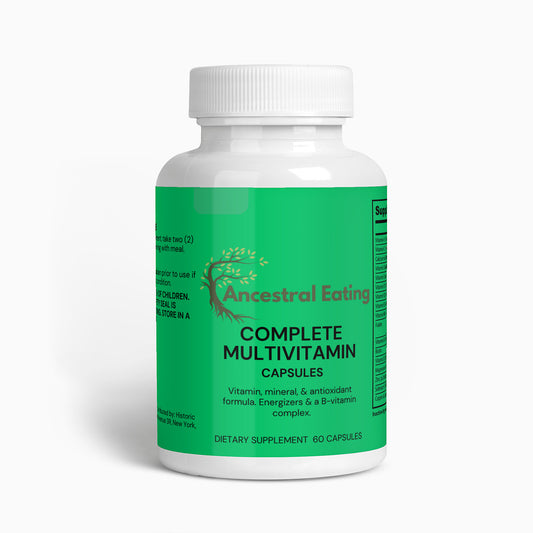The culinary traditions of the United Arab Emirates (UAE) have been influenced by its desert environment, Islamic practices, and trade relations, particularly with countries in South Asia and Persia (modern-day Iran). The Bedouin lifestyle, characterized by nomadic herding and fishing, was prevalent for much of the region's history and greatly influenced the traditional diet. Over time, due to globalization, oil wealth, and the influx of expatriates, the cuisine has diversified. However, many traditional foods remain popular.
Here's a look at some foods that have likely been part of the Emirati diet over the past 500 years:
Grains:
- Rice: A major staple, often served with meats and vegetables. Dishes like "Al Harees" and "Al Majboos" are based on rice.
- Barley: Used in traditional recipes, often in a porridge-like dish.
Meat:
- Lamb: Popular in dishes like "Al Harees," often prepared with wheat for special occasions.
- Goat: Also consumed in various preparations.
- Fish: Coastal communities have a tradition of fishing, and fish are commonly grilled or used in stews.
- Chicken: Included in various dishes but less traditional than lamb or goat.
Dairy:
- Camel Milk: Consumed traditionally and believed to have numerous health benefits.
- Ghee: Clarified butter used in cooking.
Vegetables:
- Dates: Extremely common, consumed as a snack or used in dishes.
- Onions and Garlic: Used for flavoring in a variety of dishes.
Legumes:
- Lentils: Consumed in various forms, often as a soup or stew.
Spices:
- Saffron, Cardamom, and Turmeric: Frequently used spices in Emirati cuisine.
- Cumin and Coriander: Also commonly used.
Fruits:
- Citrus fruits: Such as lemons and oranges, are used for flavoring.
Beverages:
- Coffee: Arabic coffee, or "Gahwa," is a traditional welcome drink, often flavored with cardamom.
- Tea: Consumed but less traditional compared to coffee.
Others:
- Honey: Traditionally consumed for its nutritional benefits.
These traditional foods were generally simple, using locally available ingredients and spices brought in through trade routes. Modern Emirati cuisine has seen the introduction of foods from around the world, but many Emiratis still maintain a strong connection to their culinary heritage.






